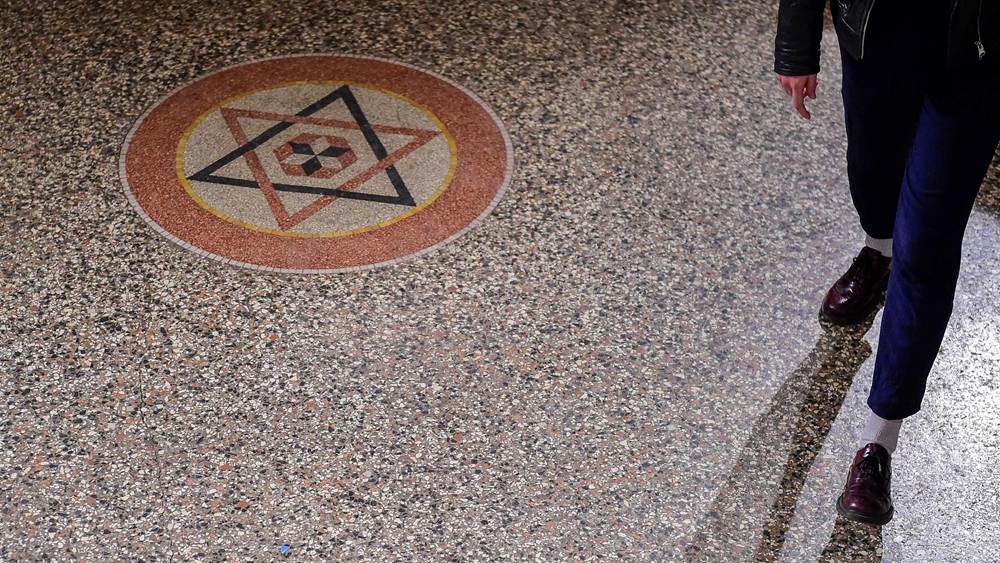
World
14:58, 11-Dec-2018
European Jews consider emigrating as anti-Semitism worsens
Updated
14:43, 14-Dec-2018
CGTN

More than one-third of European Jews have considered emigrating over the past five years because they no longer feel safe amid a surge in anti-Semitism, a European Union study showed on Monday.
The survey in 12 countries that are home to 96 percent of European Jews showed widespread malaise at a rise in hate crimes.
Feelings of insecurity were particularly acute among Jews in France, followed by Poland, Belgium and Germany, the study by the European Union Agency for Fundamental Rights (FRA) found.
Facing hostility online and at work or in graffiti scrawled on walls near synagogues, nine out of 10 Jews living in nations which have been their home for centuries feel that anti-Semitism has worsened over the past five years, the study said.
Following a number of high-profile attacks targeting Jews, soldiers and armed guards at the doors of synagogues or Jewish schools have become a familiar site in Europe.

People demonstrate against anti-Semitic hate crimes after 85-year-old Holocaust survivor Mireille Knoll was murdered in her home in France, March 28, 2018. /VCG Photo
People demonstrate against anti-Semitic hate crimes after 85-year-old Holocaust survivor Mireille Knoll was murdered in her home in France, March 28, 2018. /VCG Photo
Eighty-five percent of those surveyed by the FRA think anti-Semitism is the biggest social and political problem in their home countries. Seventy-three percent think hostile behavior toward Jews in public is a big or very big problem, and 71 percent think there's anti-Semitism in the media.
Almost a third of European Jews avoid attending events or visiting Jewish sites because they do not feel safe.
The results showed a loss of faith in their governments' ability to keep them safe, the European Jewish Congress (EJC) said, causing Jews to feel torn between emigrating and cutting themselves off from their Jewish community.
"This is intolerable and a choice no people should have to face," EJC head Moshe Kantor said in a statement.
EU officials presenting the report in Brussels on Monday called on governments to do more to combat such hate, including commemorating the history of the Holocaust in which the Nazis killed at least six million Jews in Europe during World War Two.

German Chancellor Angela Merkel visits the Yad Vashem Holocaust Museum in Jerusalem, October 4, 2018. /VCG Photo
German Chancellor Angela Merkel visits the Yad Vashem Holocaust Museum in Jerusalem, October 4, 2018. /VCG Photo
"What we need now is concrete action in the member states to see real change for Jews on the ground," European Commission deputy head Frans Timmermans said.
"There is no Europe, if Jews don't feel safe in Europe."
Among the most prominent EU leaders accused of anti-Semitism by Jewish community leaders are Hungarian Prime Minister Viktor Orban and British opposition leader Jeremy Corbyn.
(Top image: A member of Berlin's Jewish Community walks past the Star of David inside the Synagogue Rykestrasse in Berlin, Germany, November 9, 2018. /VCG Photo)
Source(s): Reuters

SITEMAP
Copyright © 2018 CGTN. Beijing ICP prepared NO.16065310-3
Copyright © 2018 CGTN. Beijing ICP prepared NO.16065310-3